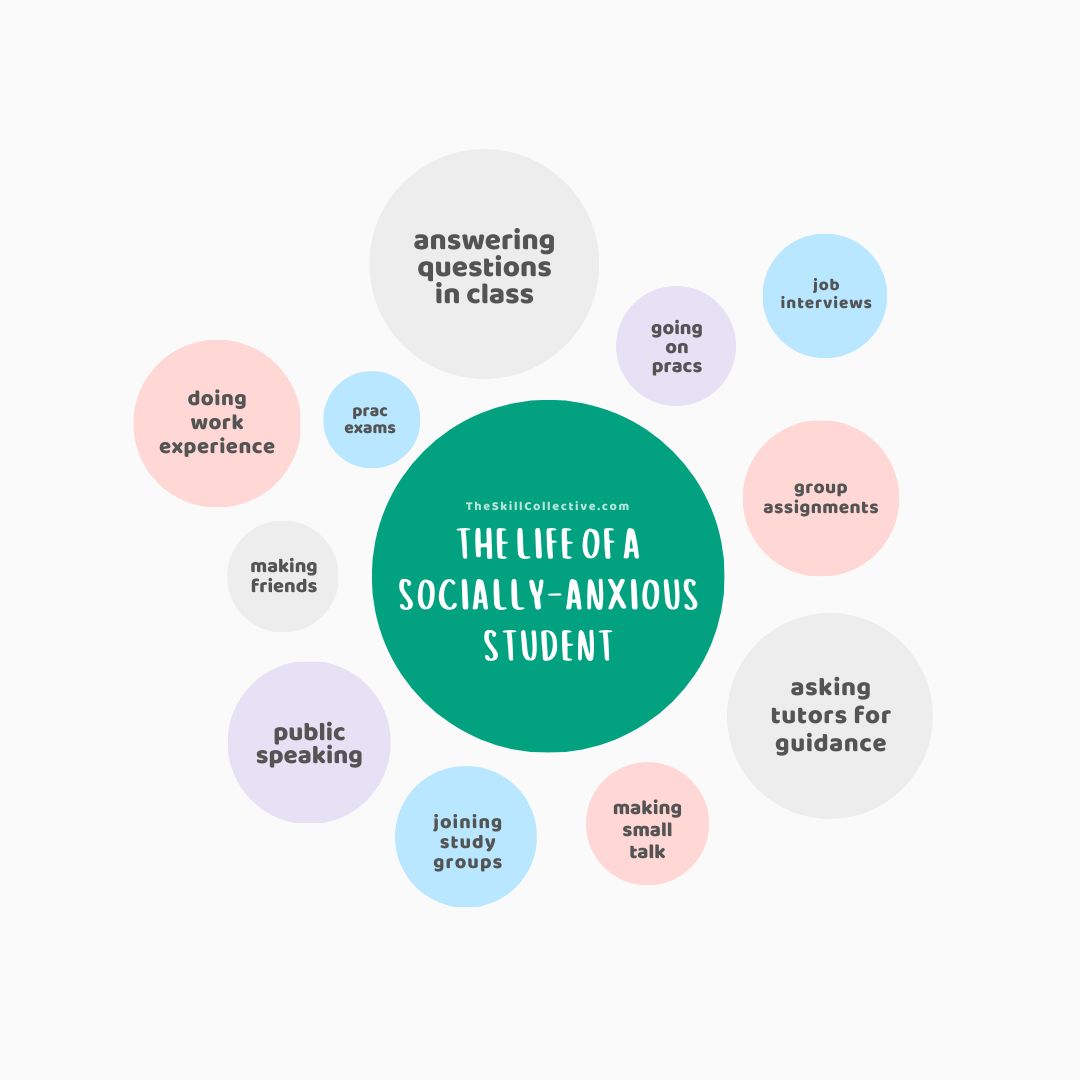The Life of a Socially-Anxious Student
Living with social anxiety as a student can be challenging - speaking up in class, group assignments, public speaking, gaining work experience, making friends … the list of social situations is endless. But there’s no need to suffer further…read on to find how to go from surviving to thriving in your studies.
Student athletes - Tips for balancing sport with your studies
The life of a student athlete is truly a busy one, so how can you balance sport with studies without burning out?
Anxiety on campus: What students need to know about anxiety and how to manage it
Anxiety is on the rise amongst university students, so what do students need to know about anxiety on campus and how to manage it?
How to choose the right study techniques (Hint: Use these 5 questions)
How do you know which study techniques work? Read on to find out what's been shown to be effective.
6 sure-fire strategies to manage exam stress
With exams rapidly approaching check out our tips to help you manage exam stress and anxiety.
Imposter Syndrome: When the perfectionist feels like a fraud (and how to overcome it)
Ever feel like a fraud, that you'll be found out? Perfectionists often fall prey to Imposter Syndrome - read on to find out why, and learn steps to help overcome it.
A primer on perfectionism
Here’s a quick guide on what you need to know about perfectionism.







